Australia facing another ‘Stolen Generation’: Aboriginal commissioner
An Aboriginal Commissioner has warned Australia of another "Stolen Generation" if the current alarming rates of Aboriginal children being removed from their families continue.
A report released on Wednesday by South Australian (SA) government's Commissioner for Aboriginal Children and Young People found the state government is not effectively implementing in full the nationally recognized Aboriginal and Torres Strait Islander Child Placement Principle (ATSICPP).
“In South Australia, it is predicted that without change, by 2031 there will be as many as 140 of every 1,000 Aboriginal children in state care,” the report states.
The preliminary report was released by April Lawrie, the South Australian Commissioner for Aboriginal Children and Young People, after 15 months of inquiring into the removal and placement of Aboriginal children in SA.
The inquiry has already heard from almost 1,000 people, including Aboriginal children, families and elders, as well as people working in child protection and family support services.
According to the preliminary report, many children shared feelings of “disbelief, sadness and anger” at finding out, sometimes years later, that they were taken away from their homes when “there was one or more members of their family or community who could have brought them up.”
“A child’s cultural identity develops through connection to family, community and country,” said Lawrie, adding that “family and culture is everything” and “disconnection will only continue the cycle of disadvantage, poverty and trauma.”
According to a state commitment, children should be placed with extended families or within their own communities but Lawrie found that children were often removed without adequate consultation with relevant local Indigenous community organizations, especially in regional areas of the state.
The report showed declining rates of removed children being placed with family or relatives. Just 16.4 percent of Aboriginal children were reunified with their birth families on a national level – in SA that rate is even lower at 9.9 percent.
The report also revealed one out of every two Aboriginal children was subject to at least one child protection notification in 2020-21, compared to one in every 12 non-Aboriginal children.
Further, the rates of over-representation of Aboriginal children in out-of-home care have been trending upward over the past 10 years. The report said if the current trends continue, the number of Aboriginal children in out-of-home-care will increase by a further 50 percent over the next decade.
The “Stolen Generation” refers to a period in Australian history where Aboriginal children were removed from their families at “systemic” levels, according to the commissioner’s preliminary report. It is estimated that between 10 and 33 percent of Aboriginal children were taken from their families in this way between 1910 and 1970.
“In 1997, the South Australian Parliament and in 2008 the Australian Parliament apologized to all Aboriginal people for the Stolen Generations,” the commissioner’s report noted.
The inquiry into the removal and placement of Aboriginal children in South Australia will soon begin public hearings and will conclude with a final report and recommendations in early 2024.
Meanwhile, United Nations experts on the Rights of Indigenous Peoples are currently visiting Western Australia in response to similar concerns there about the removal of Aboriginal and Torres Strait Islander children from their families and communities. They are expected to deliver a report when their 10-day visit ends on October 10.
Australians are currently preparing to vote in a referendum on October 14 on changing the constitution to grant Indigenous Australians an Aboriginal and Torres Strait Islander Voice in parliament.
Since the British colonized Australia more than 200 years ago, this is the first time the Indigenous people whose ancestors have lived on the continent for about 60,000 years, are being given the chance to have a “voice” in the country’s legal affairs.
Trump launches 'Board of Peace' seen as bid to control Gaza
Senior general vows swift response to any aggression on Iran
US federal immigration agents detain 5-year-old boy in Minnesota
Trump used presidency to pocket $1.4 billion in first year back in office: Report
EU divided over new Iran sanctions
China hits US with economic counteroffensive after Maduro’s abduction: Report
Ben-Gvir arms more Israeli settlers amid rising violence in West Bank
'Hands on trigger': IRGC warns US and Israel against any miscalculation


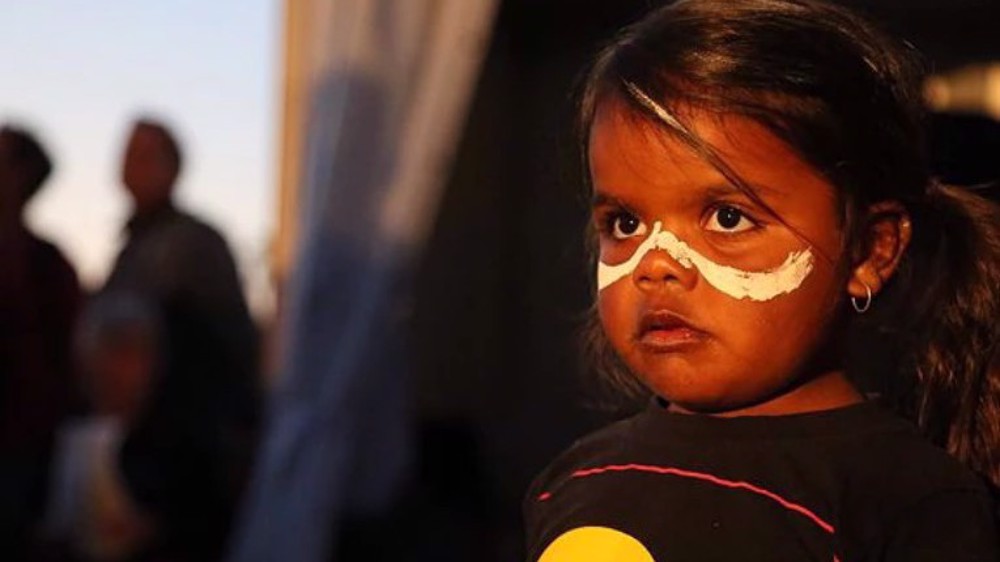
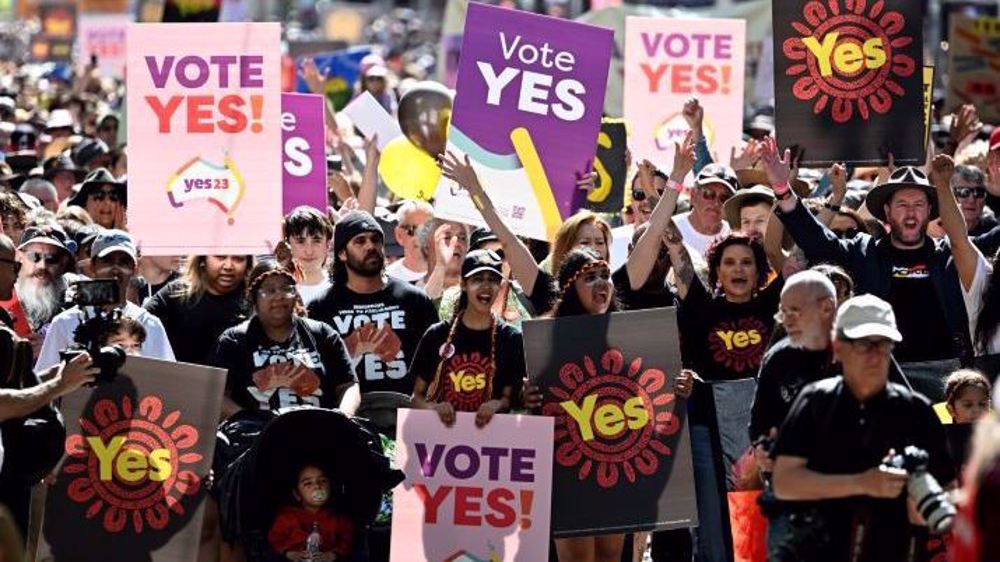


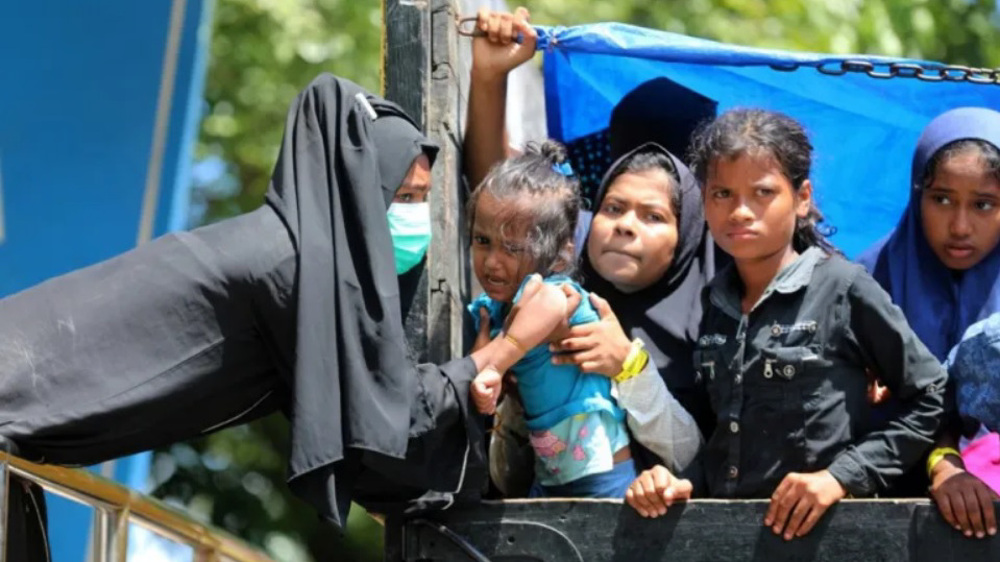



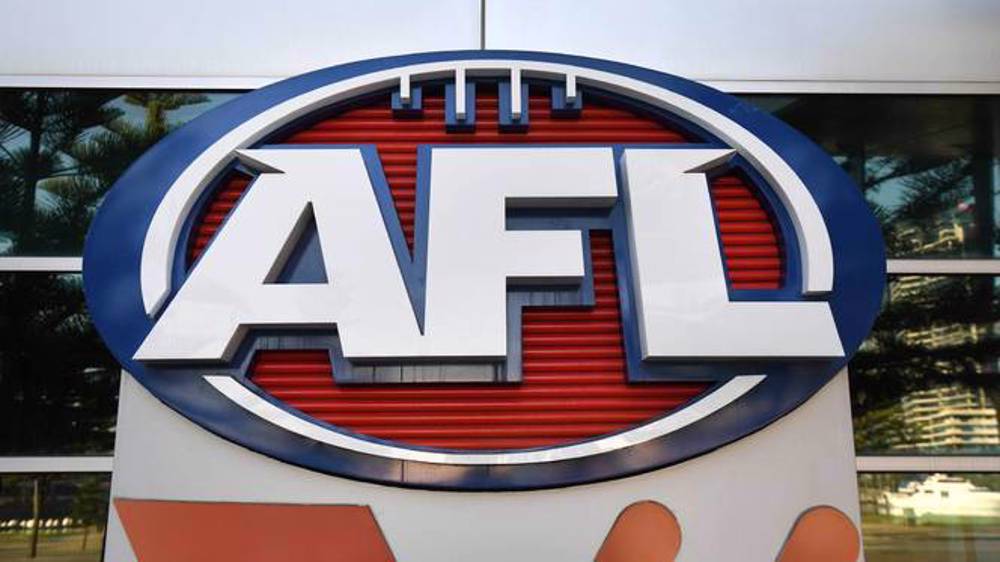
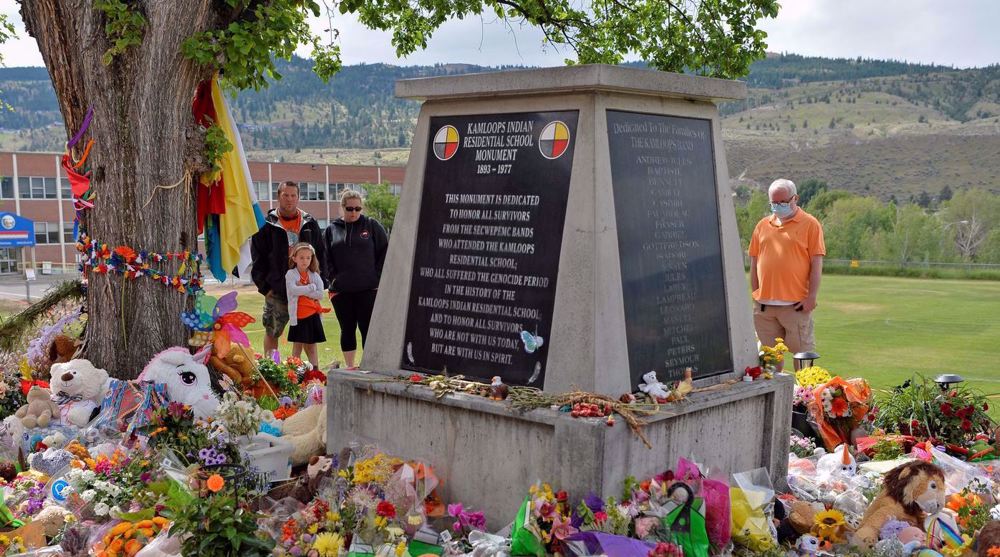
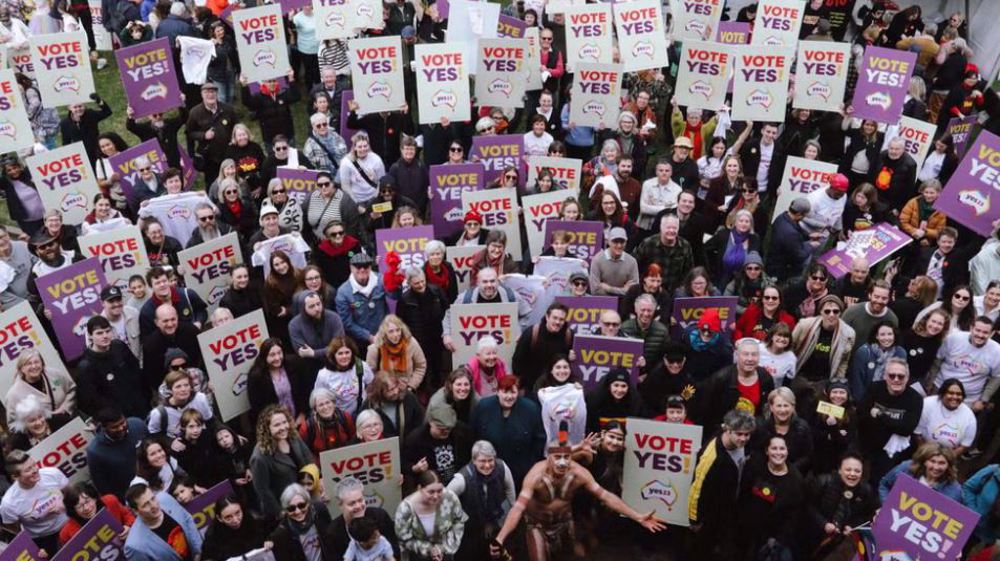

 This makes it easy to access the Press TV website
This makes it easy to access the Press TV website